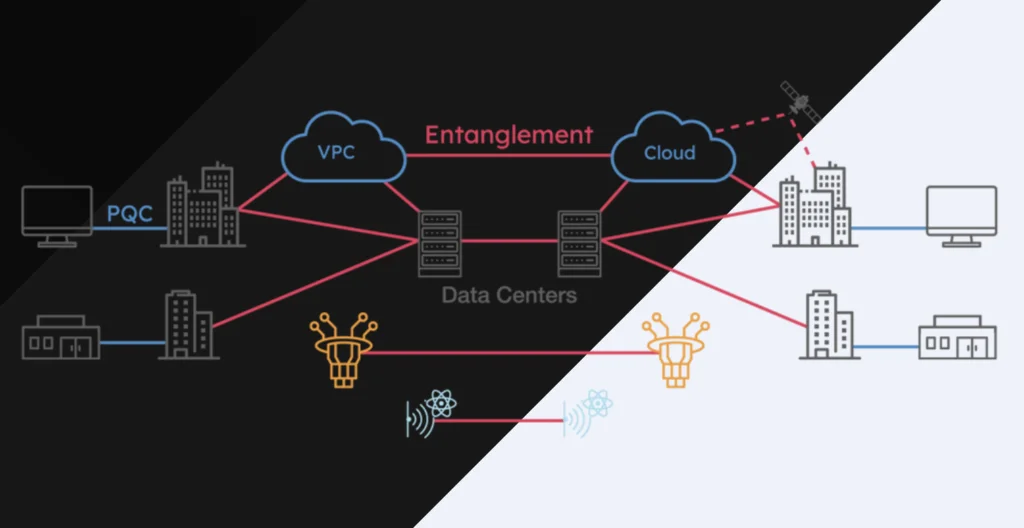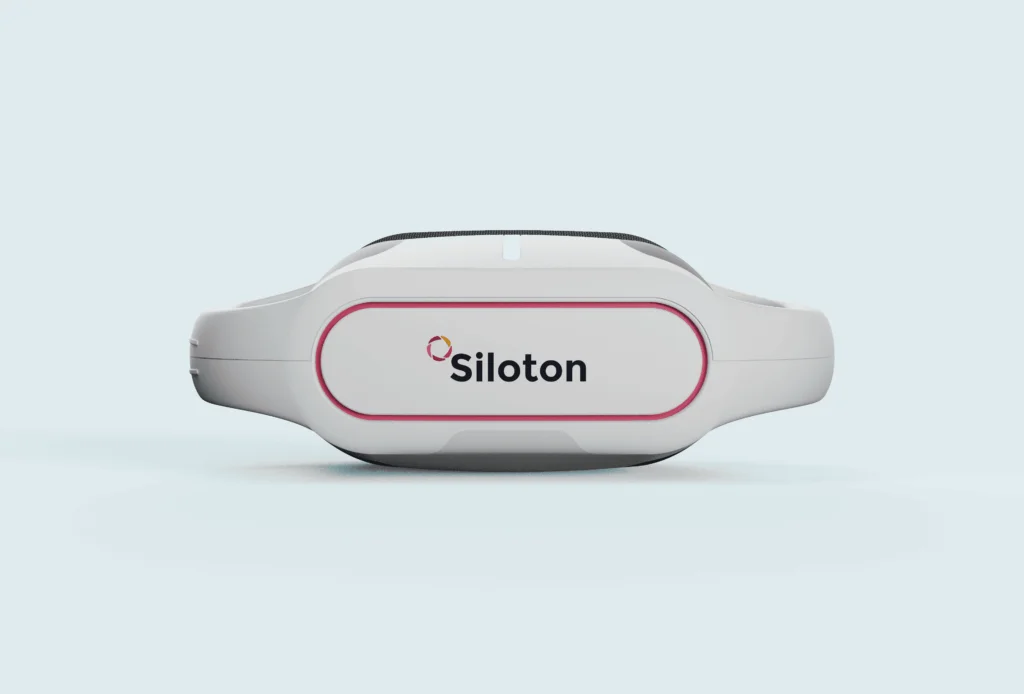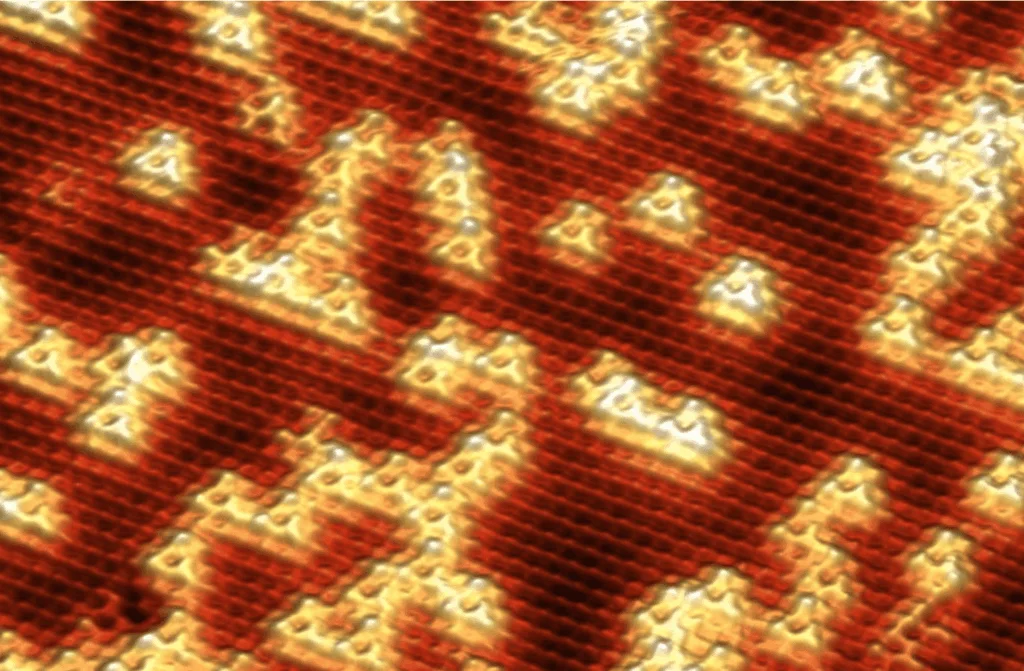Insider Brief
- The AUKUS alliance has eased export controls among Australia, the U.S., and the U.K., facilitating faster development and deployment of quantum technologies in defense applications.
- The updated pact also includes advanced defense technologies like hypersonic missiles and undersea drones, broadening the scope of innovation across multiple critical areas.
- The reforms are seen as a critical step in enhancing collaboration among the AUKUS partners, but some worry the strict regulations could stifle innovation in the emerging quantum sector.
The recent removal of defense trade barriers between Australia, the United States and Britain under the AUKUS alliance marks a shift in the development and deployment of quantum technologies, among other emerging techs. With the easing of U.S. export restrictions, particularly those governed by the International Trafficking in Arms Regulations (ITAR), the path is now clearer for the AUKUS partners to accelerate the transition of quantum research into practical applications.
Quantum technologies, which have long been confined to research labs, are starting to move closer to practical use and would likely be part of the defense strategies of these three nations. The ability to share quantum innovations more freely among the AUKUS members is expected to expedite the development of critical quantum-based systems, including secure communications, advanced sensors, and quantum computing capabilities.
U.S. Senator Ben Cardin, Chair of the Senate Foreign Relations Committee, emphasized the importance of these changes, adding, “I welcome the State Department’s certification that the arms export control systems of Australia and the United Kingdom are now comparable to that of the United States, and that both countries can now benefit from the extensive exemption from U.S. export controls provided for in U.S. law on AUKUS.”

Australian officials have emphasized that this shift is not merely procedural but transformative for defense collaboration, Reuters reports. The reduced regulatory hurdles will allow for faster development cycles and more seamless integration of quantum technologies into defense systems. “These critical reforms will revolutionize defense trade, innovation, and cooperation,” said Australian Defence Minister Richard Marles, as reported in Reuters.
As quantum technology moves from the realm of theoretical research into practical application, the collaboration among the AUKUS partners is likely to yield significant advancements. Quantum computing, for instance, could enhance the ability to process complex defense-related data, while quantum sensors could offer unprecedented precision in detecting threats. The pact also includes advanced defense technologies like hypersonic missiles and undersea drones, broadening the scope of innovation across multiple critical areas.
A streamlined approval process for the transfer of sensitive technologies still subject to licensing is also included as part of the agreement. This includes an Excluded Technologies List, which will be reviewed annually, allowing AUKUS partners to remain agile and responsive to technological advancements while safeguarding critical innovations, according to Reuters.
There are concerns, however. While the AUKUS partnership aims to streamline the development and deployment of quantum technologies, concerns are emerging within the quantum industry regarding the impact of stringent export controls, particularly in Australia. Critics argue that imposing aggressive regulations on quantum technologies—still in a nascent stage—could stifle innovation and impose significant bureaucratic burdens on quantum providers. One negative ramification could be that these controls drive talent and companies away from Australia, where the harsh penalties for even minor compliance failures could outweigh the potential benefits of collaboration within the AUKUS framework.
Broader Implications
Defence Secretary John Healey highlighted the broader implications of the partnership: “As tensions increase, and conflicts continue around the globe, our partnerships with our allies are critically important. This is a breakthrough that will allow our three nations to deepen our collaboration on defense technology and trade. Our new government will reinforce the UK’s role in AUKUS to boost Britain’s military capabilities and economic growth.”
The AUKUS alliance, established in 2021, has already laid the groundwork for major defense projects, including the development of nuclear-powered submarines. The integration of quantum technologies into these projects could further enhance their strategic capabilities, making them more resilient and effective in the face of emerging global threats.
By September 1, 70% of defense exports from the U.S. to Australia will no longer require licenses, significantly reducing the time and bureaucracy involved in technology transfers. This change is expected to foster a more collaborative environment where quantum technologies can be rapidly deployed and scaled.
Foreign Secretary David Lammy also underscored the significance of the reforms, stating, “Today’s historic announcement demonstrates how AUKUS is taking our relationship with the US and Australia to even greater heights. By breaking down barriers to defense trade and cooperation, we’re unlocking huge opportunities for UK jobs and growth—while bolstering global security and stability.”
The strategic importance of quantum technology within the AUKUS framework is clear. As these technologies mature, they will play a critical role in securing the defense infrastructure of Australia, the United States, and Britain, ensuring these nations remain at the forefront of global security innovation.














